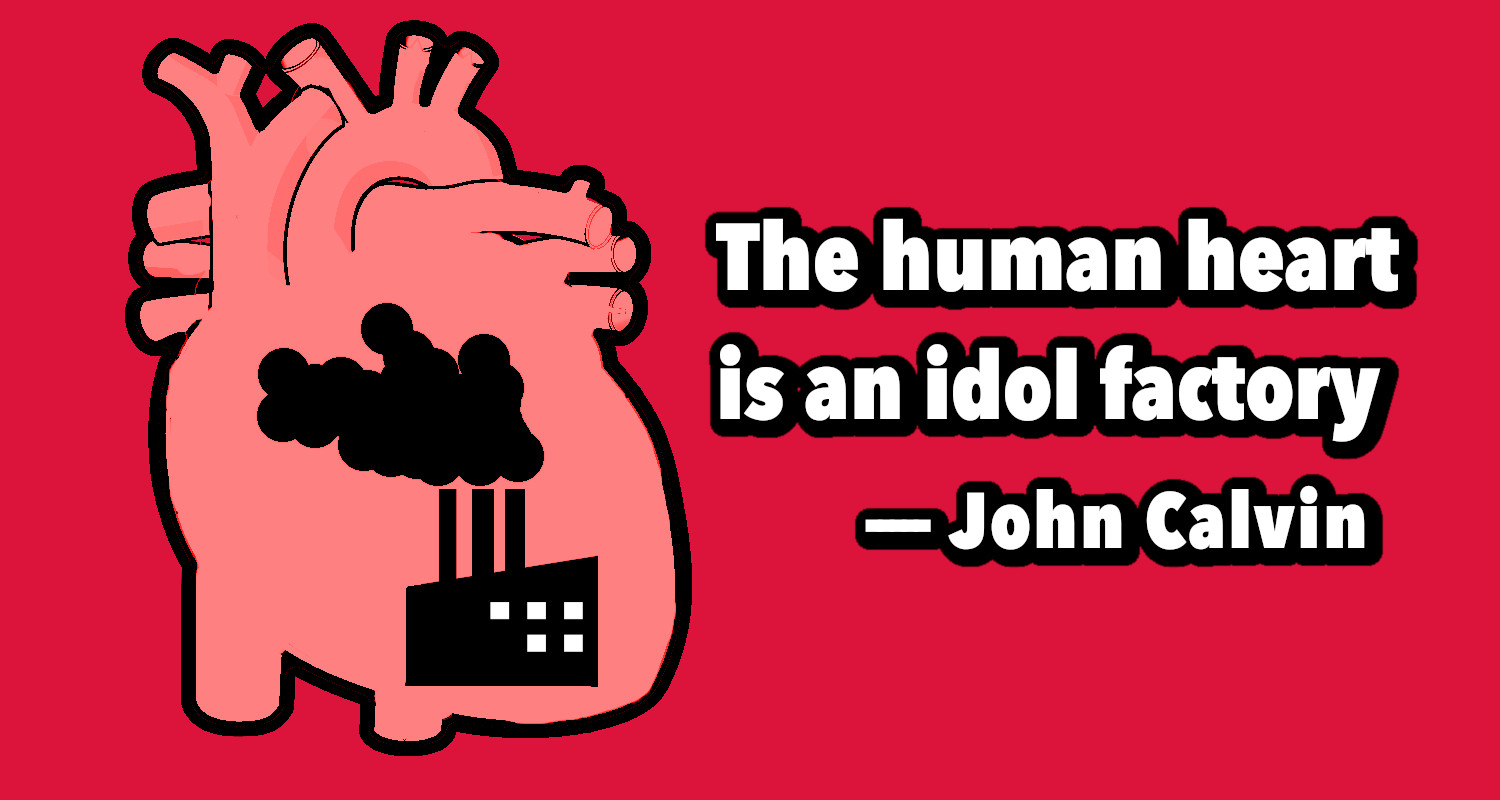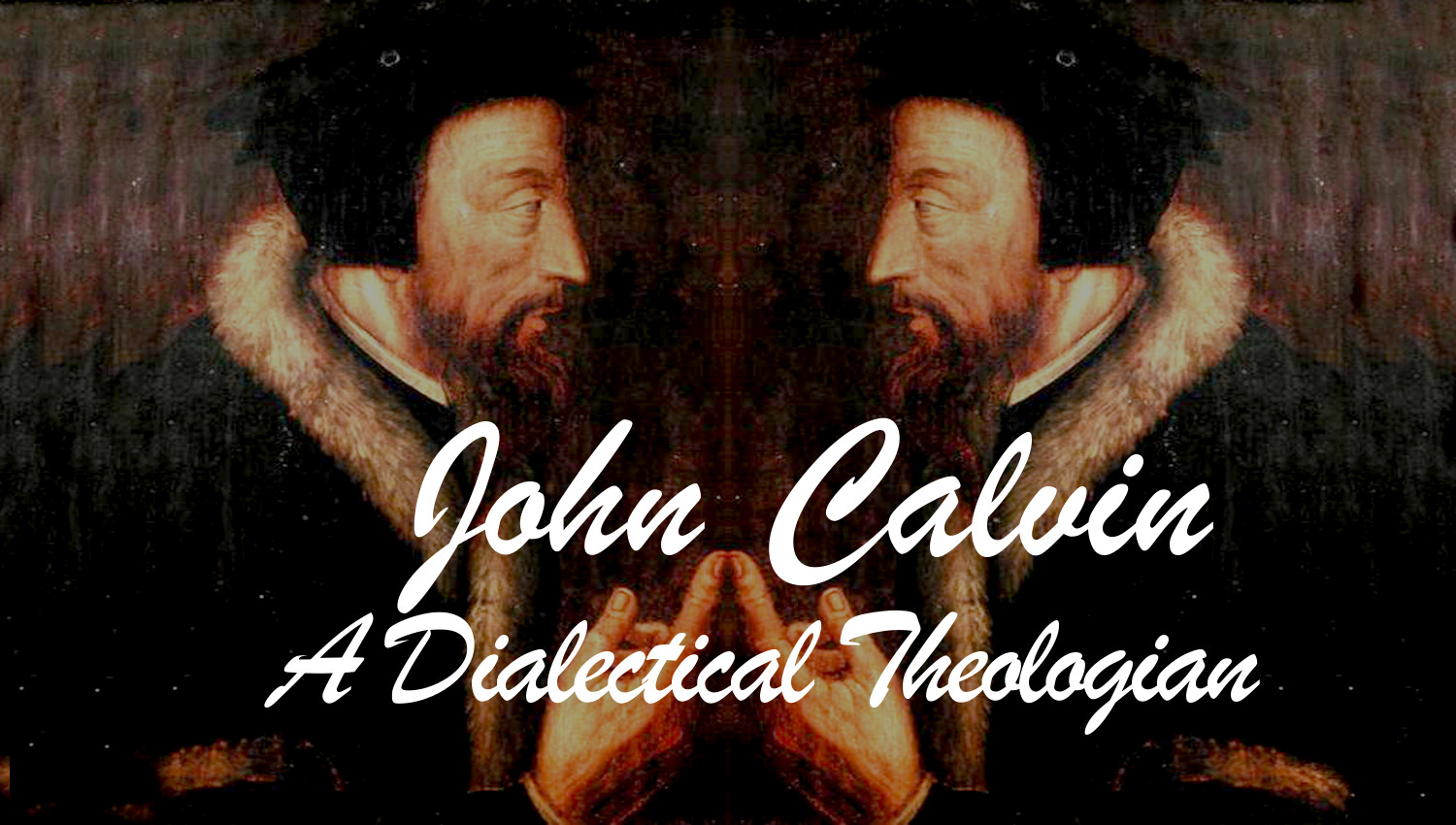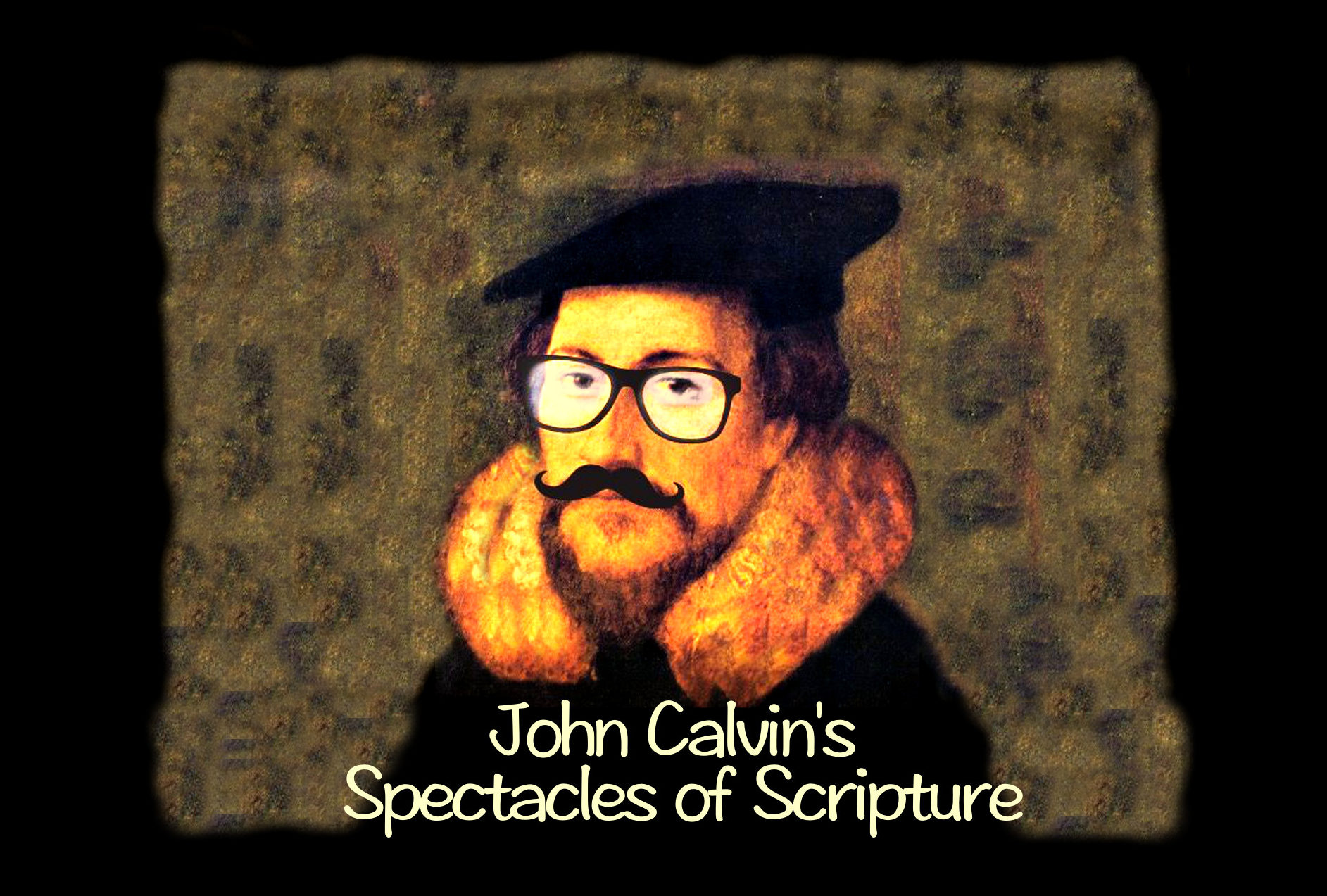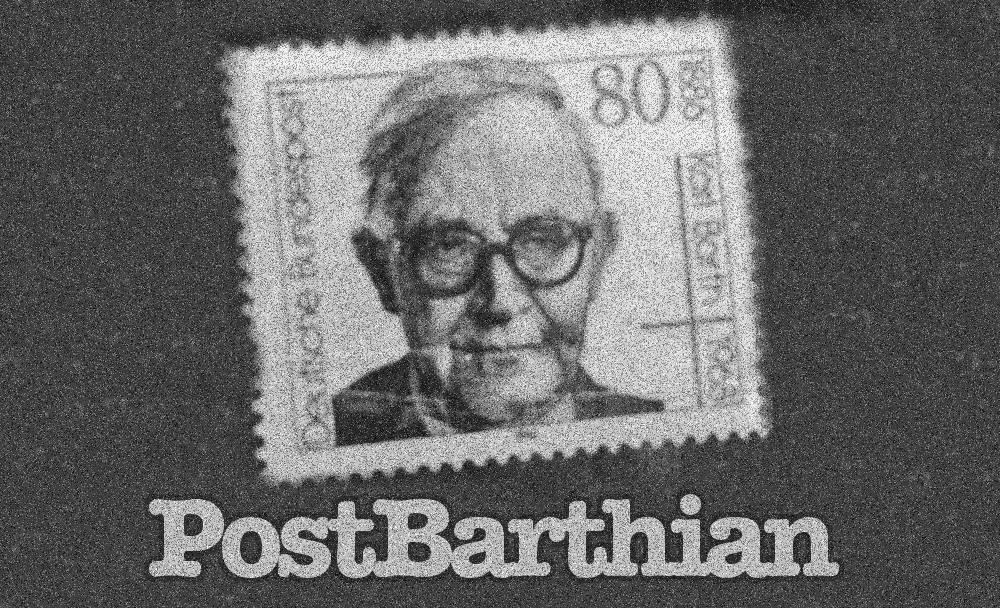
Subscribe to our mailing list.
All Blog Posts With Tag: Institutes
The human heart is an idol factory: a modern critique of John Calvin (August 6, 2019)

John Calvin famously said "the human heart is a perpetual idol factory" (hominis ingenium perpetuam, ut ita loquar, esse idolorum fabricam) [Institutes I.11.8]. Calvin's Latin phrase from the definitive 1559 edition of his Institutes of the Christian Religion has received meaning that may be lost to Post-Enlightenment people. A modern […]
John Calvin: A Dialectical Theologian (May 21, 2017)

Karl Barth was fascinated with John Calvin, and he called Calvin a "demonic power" but also in the same breath, Barth said he could "spend all the rest of my life just with Calvin." Barth was fixated with John Calvin, so it is a perrennial desire of mine to reappropriate Calvin for good, and […]
John Calvin’s Spectacles of Scripture (January 5, 2017)

John Calvin's Biblical Eyeglasses
The Reformed theologian, John Calvin, said the Bible is like eyeglasses that allow us to see God and without the spectacles of Scripture, we are like an old person with blurry vision and unable to see God or or see God in Creation. In the event of reading the Scriptures […]

Orthodox and Modern: Studies in the Theology of Karl Barth, by Bruce L. McCormack
Friedrich Schleiermacher was a Calvinist, and although he is known as the father of Liberal Protestantism for his definition of god as "a feeling of absolute dependence", he was nevertheless a Calvinist and John Calvin was his […]
Related: Alexander Schweizer, Bruce McCormack, Calvin: Origins and Development of His Religious Thought, calvinism, Calvinist, Double Predestination, François Wendel, Friedrich Schleiermacher, Institutes, institutes of the christian religion, John Calvin, Karl Barth, Orthodox and Modern: Studies in the Theology of Karl Barth, predestination, The Theology of Calvin, Wilhelm Niesel
John Calvin on Errors in Scriptures (Quotations from Calvin’s Commentaries) (January 30, 2014)

At many times, John Calvin's describes the ontology of Scripture using the same vernacular as contemporary statements such as the Chicago Statement of Biblical Inerrancy, as well as dictation theories such as Plenary Verbal Inspiration that makes strong assertions about the Scripture's inerrancy, infallbility, and identity with the Word of […]
Third Use of the Law (Tertius Usus Legis) (November 7, 2012)

Dietrich Bonhoeffer
At the end of Dietrich Bonhoeffer's Ethics, there is an analysis of the Lutheran symbolic literature (ie. the Book of Concord: the Augsburg Confession, Luther's Catechisms, etc.) Bonhoeffer, therein, discussed the Lutheran understand of the Law and asks whether there is one primary use of the Law (primus usus legis) or three?
I'll summarize Bonhoeffer's three […]
Martin Luther and The Great Exchange (March 28, 2012)

I've been told by many people that Martin Luther referred to 2 Corinthians 5:21 as "The Great Exchange." But I've been unable to verify that Luther had ever actually used the term "The Great Exchange."
For our sake he made him to be sin who knew no sin, so that in […]
John Calvin on Lent (March 10, 2011)

How should a Christian respond to the call to Lent? John Calvin has a passionate aversion to lent in his Institutes 4.12.20. And when Calvin is passionate about something, we should be slow to ignore it. Institutes 4.12.20: Then the superstitious obser...
John Calvin, On Fasting (January 6, 2009)

John Calvin has an excellent explanation on fasting in the Institutes of Christian Religion, Book IV, Chapter 12, Sections 14-21. Fasting is confusing and necessary at once. Fasting does not mean starving yourself in order to make God do something you ...

